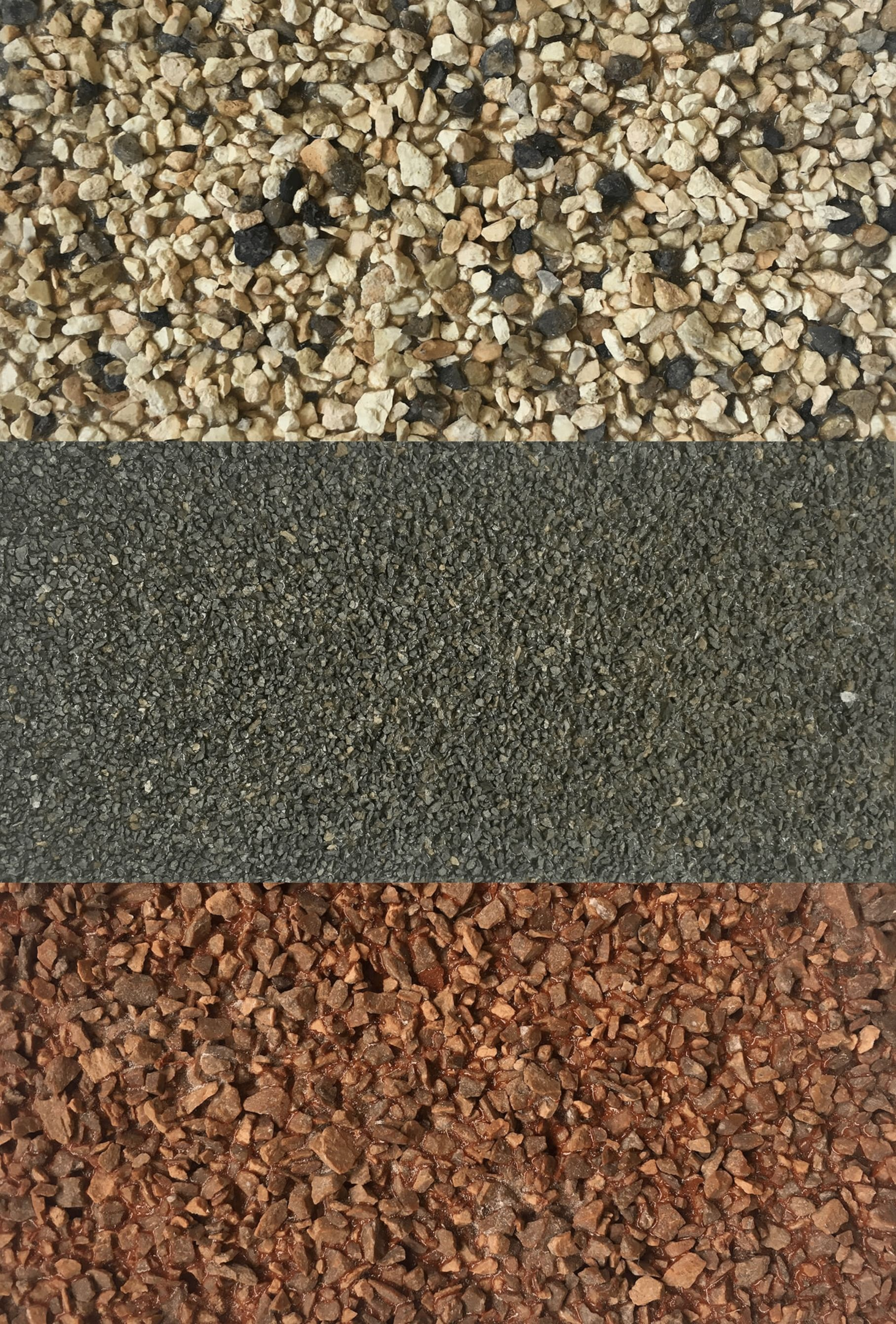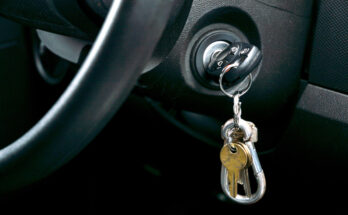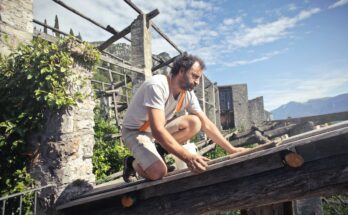Renovating houses with resin bonded surfacing is becoming more popular for homeowners. Resin is becoming increasingly popular as a material for outdoor surfaces such as block-paved. Unlike concrete or asphalt, the resin is porous, which means that it allows water to drain through it rather than pooling on the surface. This makes it an ideal choice for areas that are prone to flooding or where snow and ice can quickly turn a garage into a slip-and-fall hazard. In addition, the resin is highly durable and resistant to cracking, making it low-maintenance and long-lasting.
Resin is a fantastic alternative to think about if you’re thinking of resurfacing your house.
What is Resin?
Resin is a resilient and adaptable substance that may be utilised to produce a wide range of aesthetics. It is a great option for busy families because it requires little maintenance, is simple to clean, and is an eco-friendly material. Additionally, heat- and scratch-resistant resin finishes are perfect for high-traffic areas like kitchens and baths.
As more homeowners seek to create sustainable and attractive outdoor spaces, the resin is likely to become even more popular.
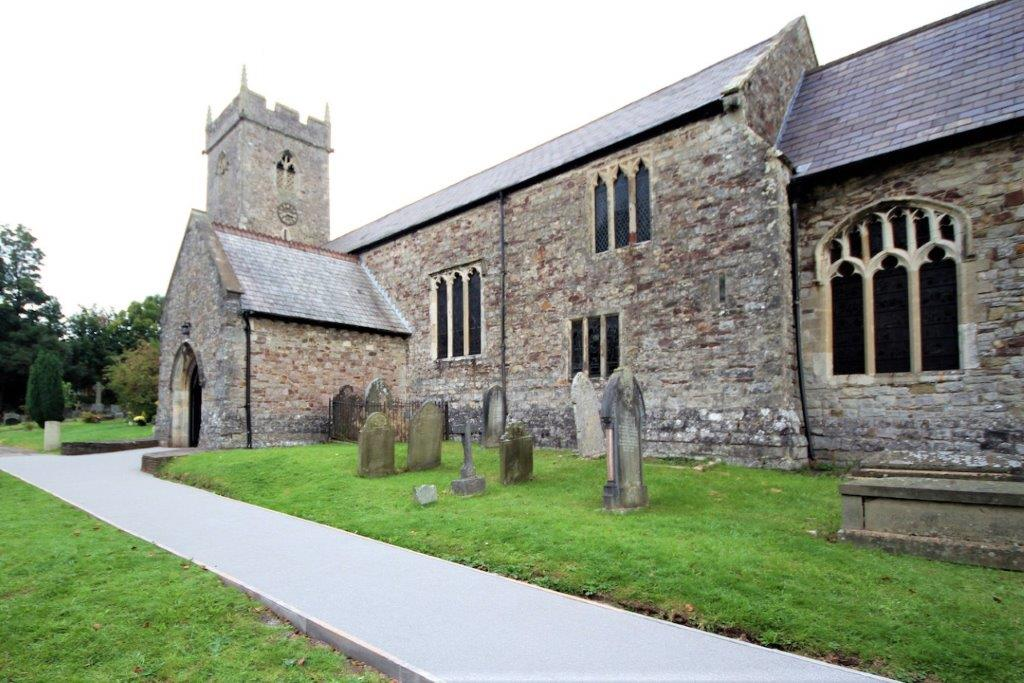
Resin-bonded system
In resin-bonded surfacing systems, the aggregate is dispersed into the resin, which is then distributed throughout the base. While some aggregate will stay loose, the majority will attach to the resin. There are fewer pebbles to move or replace, giving the impression of loose gravel.
A Resin Bonded system is not porous because the aggregates are dispersed throughout a whole layer of resin, which prevents water from passing through. The goal is to provide the appearance of a loose gravel driveway without the regular maintenance that would be required. To do this, the resin is applied over the surface area, and then the aggregate is scattered over it.
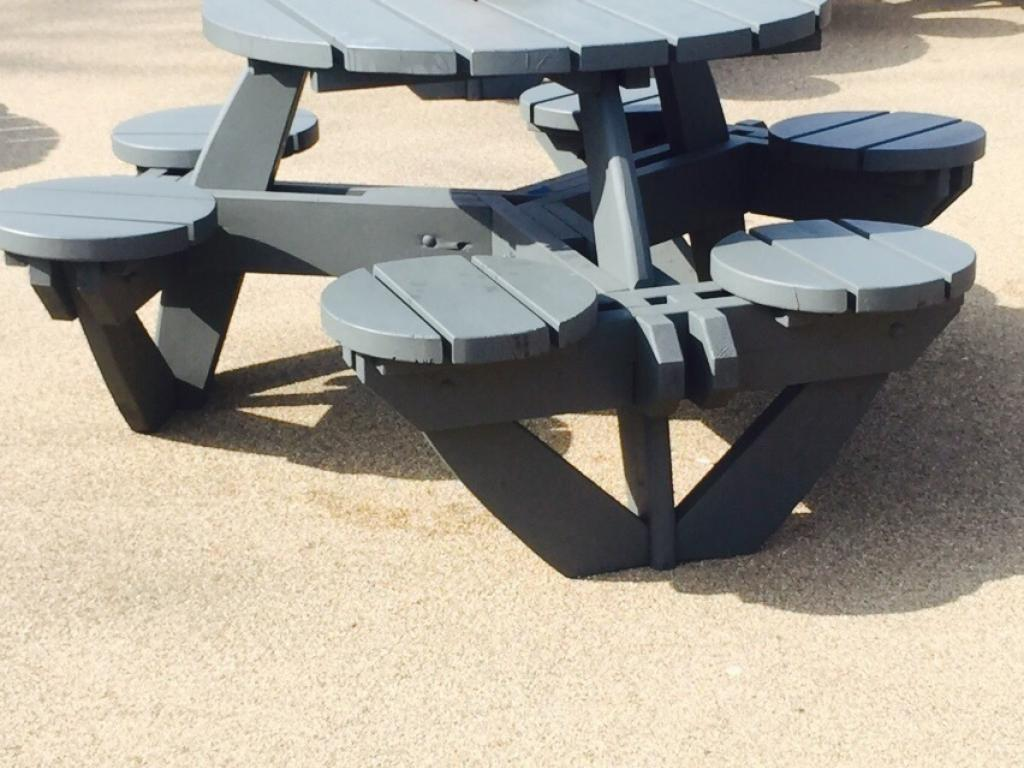
Which resin is the best for the outside
As homes age, it is not uncommon for their exteriors to become worn or damaged. Resin can be used to repair these textures and restore them to their original condition. This substance can be applied to a wide variety of surfaces, including wood, concrete, and stone. In addition, the resin is highly durable and resistant to weathering, making it an ideal material for exterior applications.
Resin-bonded surfacing is useful for both functional and aesthetically pleasing purposes. It is frequently used in the following applications because of its durability and slip resistance:
Resin Bonded Applications:
Driveways
Investing in a driveway or car park that do not need to be regularly maintained can save you time and hassle. Resin-bonded car parks offer excellent traction so that vehicles can easily access the area. For garage surfacing, resin driveways are a common option. They are easy to maintain, dependable, and SUDs compliant. Additionally, resin driveways are a beautiful option, especially in residential locations.
Roads and pathways
The resin-bonded surface is a hard-wearing design that gives your path a natural look that mimics gravel or sand while avoiding the hassles associated with dealing with loose aggregate. During this process, it can be color customized to match the whole environment
Access ramps
Resin-bonded access ramps are the best options for stability and steadiness over uneven terrain because they provide unrivaled slip resistance.
Balconies
Resin-bonded aggregate may provide your balcony and podium decks with a beautiful appearance with quick installation for shallow areas.
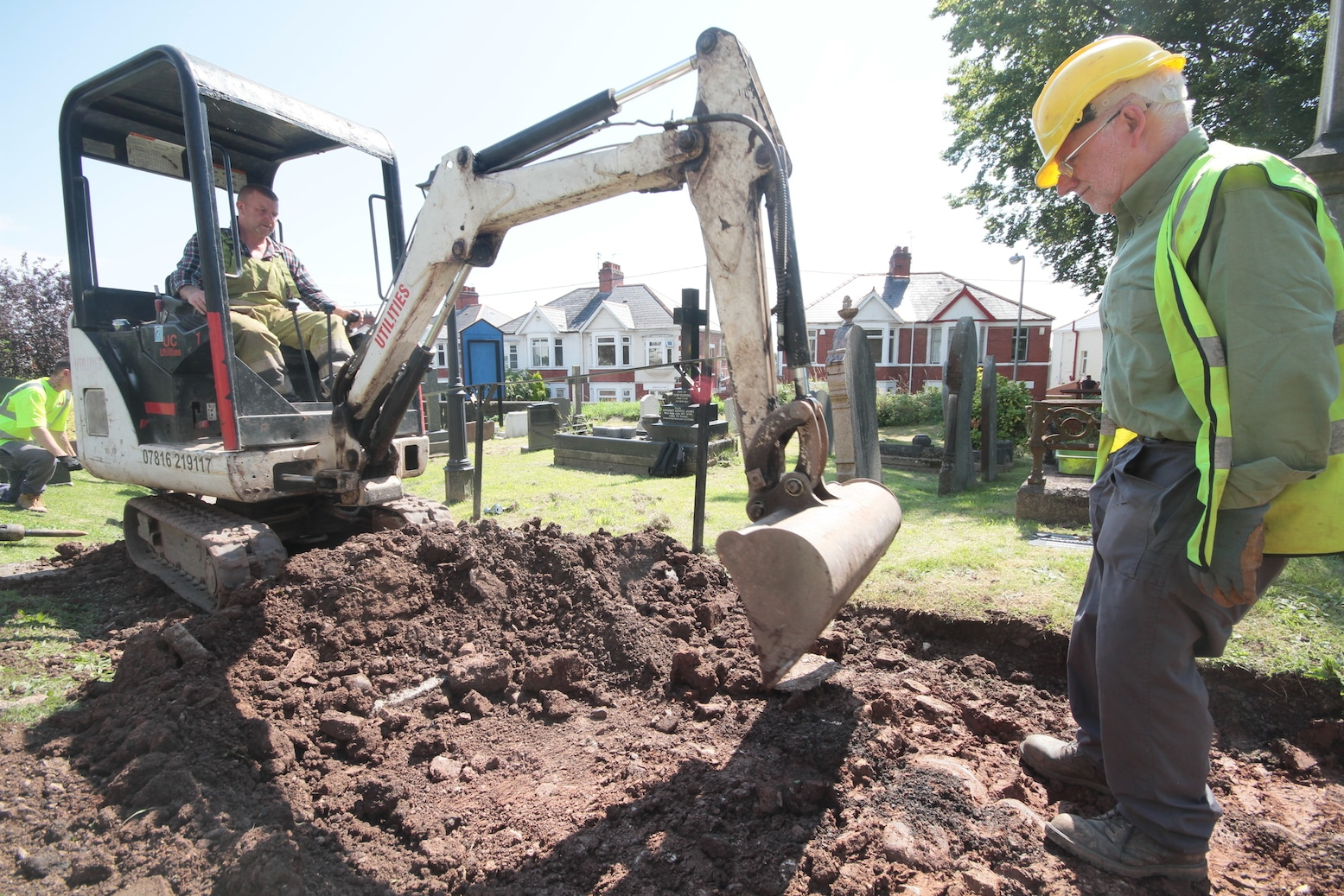
Pros and Cons of Resin Bonded Surface
When it comes to resin bonded surfacing, there are both pros and cons to consider. On the plus side, resin bonded systems create a very strong bond between the surface and the resin. This results in a durable surface that is resistant to cracking and chipping. In addition, resin-bonded surfaces are easy to clean and require little maintenance.
Investing in resins offers the advantages of low maintenance upkeep for about 15 years because of its long-lasting resilience. Our ThorgripTM surface keeps its look through foot and vehicle usage and most weather situations without adding gravel to worn-down regions or pushing it into sparse areas.
The surface isn’t as porous or SUDS compliant as its resin-bound version, but it isn’t completely impenetrable either. More waterproofing layers can be added to create a sturdy foundation while maintaining frost resistance and non-slip properties in the rain and snow.
Additionally, you can match or contrast the surroundings to your preference with the wide selection of aggregate materials and colour samples. While darker stones and gravel might be utilised for a more contemporary appearance, resin-bonded covering often has a more classic appearance. There is no specific design for a resin-bonded surface. Aggregates may be combined and customised to provide an attractive appearance.
On the downside, resin bonded systems can be quite expensive to install. Also, due to a thick coating of resin being put before the aggregate, these surfaces are impermeable, and as a result, they do not have the same environmental advantages as resin-bound surfaces.
Finally, if the bond between the resin and the surface is not properly maintained, the surface can become weak and start to deteriorate.
Conclusion:
As a result, it is essential to weigh the pros and cons of resin bonding before making a decision about whether or not to use this type of surfacing in your home or business. As long as they are laid properly, the resin bond system may give all of its wonderful advantages, and hiring a qualified business is the key to guaranteeing this.
